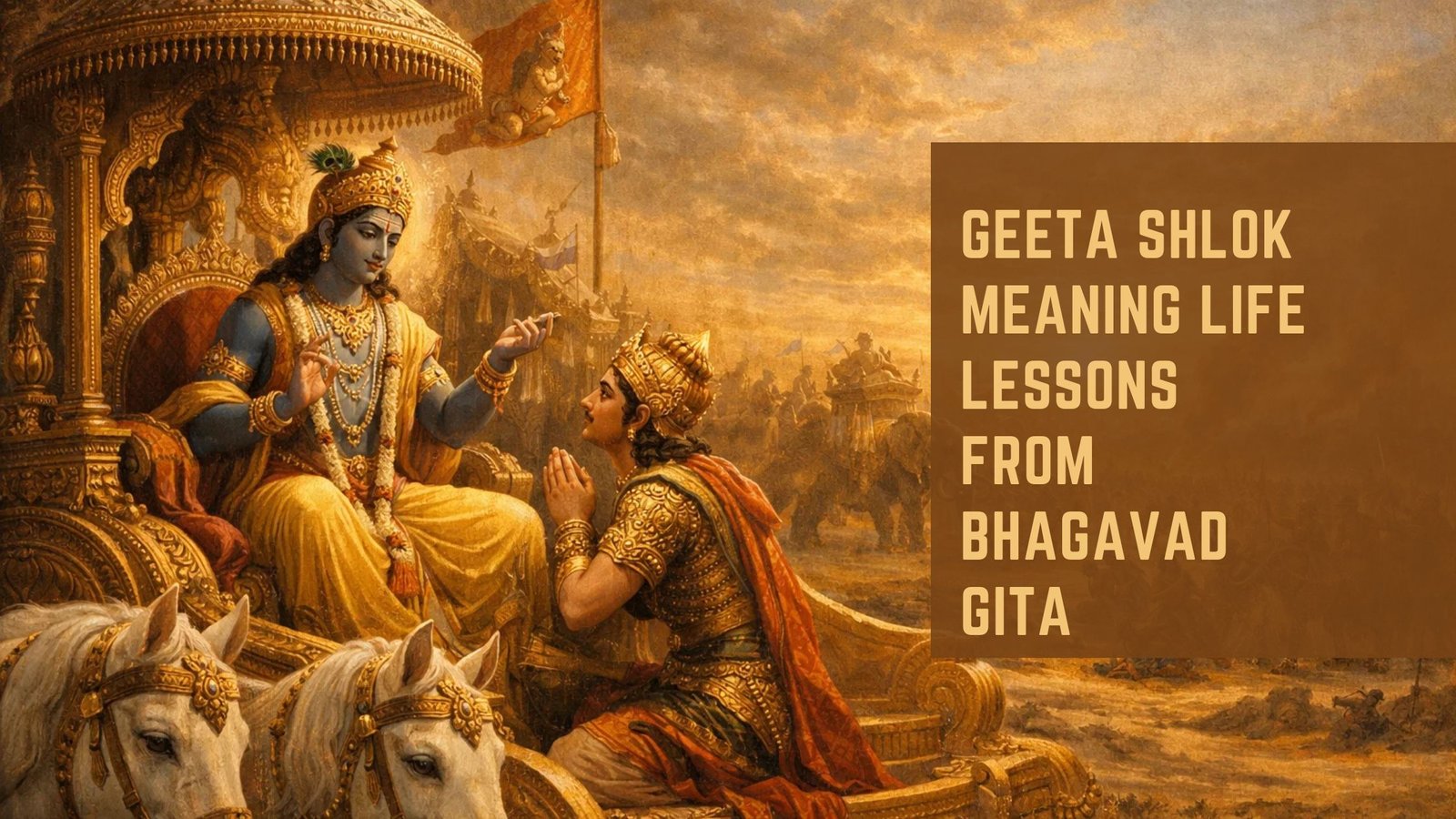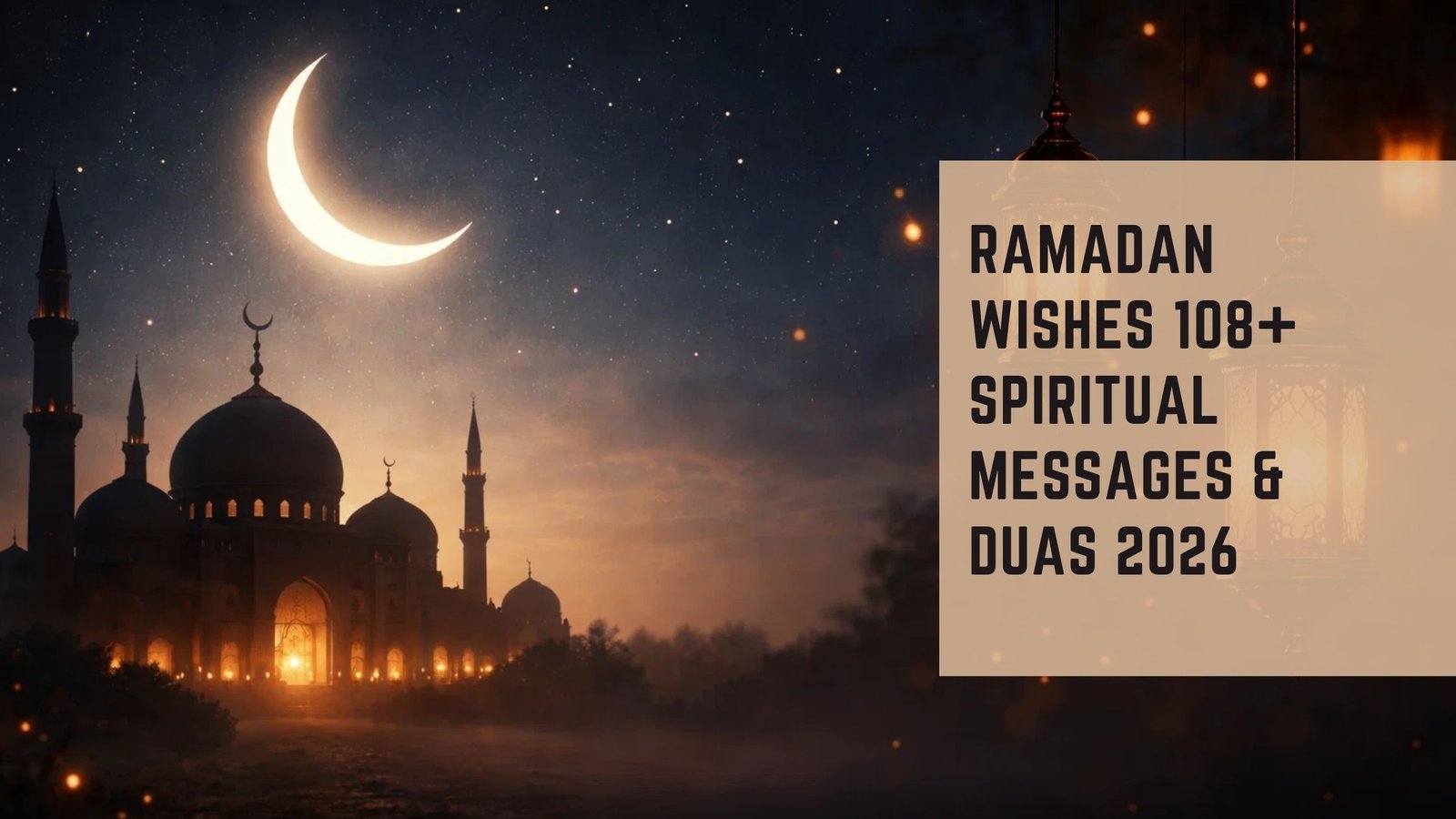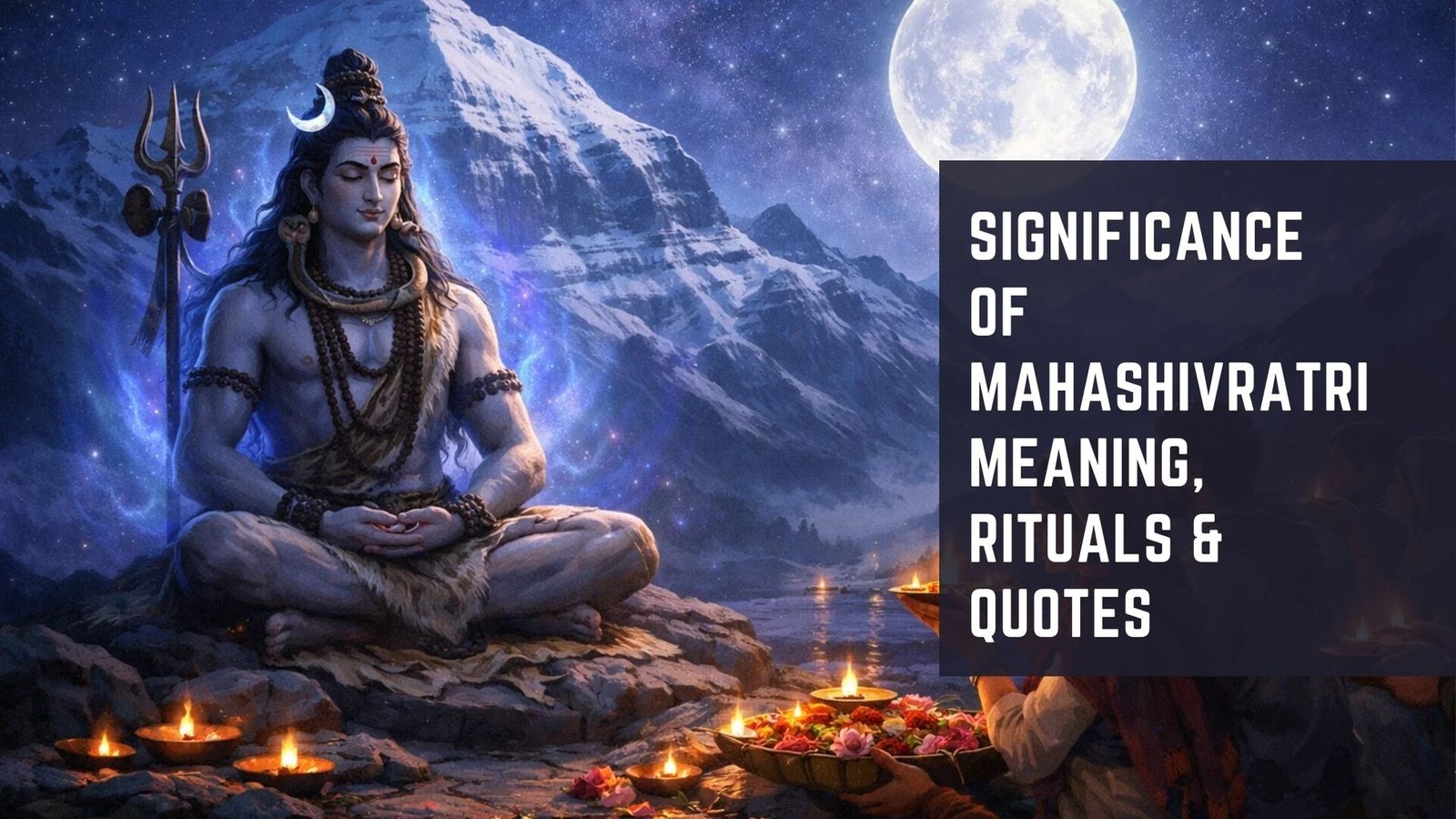The concept of the eternal soul has captivated human thought for millennia, transcending cultures and belief systems. It represents a profound aspect of existence, suggesting that there is a part of each individual that is timeless and unchanging.
The eternal soul is often viewed as the essence of a person, a spark of divinity that persists beyond the physical realm. This exploration of the soul encourages a journey into the metaphysical, prompting questions about life, death, and what lies beyond. In many philosophical and spiritual traditions, the soul is seen as the core of human identity.
It is not merely an abstract concept but a vital force that influences thoughts, emotions, and actions. The eternal soul serves as a reminder of the interconnectedness of all beings, suggesting that each individual is part of a larger tapestry of existence. As people delve into the nature of the soul, they often find themselves grappling with profound questions about morality, purpose, and the nature of reality itself.
This inquiry can lead to transformative experiences, fostering a sense of unity with others and the cosmos.
Key Takeaways
- The eternal soul is a fundamental concept in many spiritual traditions, representing the immortal essence of an individual.
- Gita 2:20 explains the nature of the soul as being indestructible, eternal, and beyond the physical body.
- The soul is described as being unchanging, eternal, and unaffected by the physical body, emotions, or experiences.
- The immortality of the soul suggests that it transcends death and continues on a journey beyond the physical realm.
- The purpose of the soul is to evolve, learn, and ultimately reunite with the divine, representing a journey of spiritual growth and enlightenment.
Understanding Gita 2:20
The Comfort of Eternal Existence
This understanding can provide solace in times of grief or loss, as it reassures individuals that their loved ones continue to exist in a different form. The implications of Gita 2:20 extend beyond mere comfort; they challenge individuals to reconsider their relationship with life and death.
Cultivating Detachment and Appreciation
By recognizing the eternal nature of the soul, one can cultivate a sense of detachment from the transient aspects of existence. This detachment does not imply indifference but rather encourages a deeper appreciation for life’s fleeting moments.
Living with Purpose and Intention
The teachings of the Gita invite individuals to live with purpose and intention, understanding that their actions resonate within the eternal framework of existence.
The Nature of the Soul

The nature of the soul has been a subject of inquiry across various philosophical and spiritual traditions. It is often described as pure consciousness, an essence that transcends physical limitations. Many believe that the soul embodies qualities such as love, wisdom, and compassion, serving as a guiding force in human behavior.
This perspective suggests that individuals are not merely physical beings but rather spiritual entities on a journey toward self-realization. Furthermore, the soul is often viewed as a repository of experiences and lessons learned throughout various lifetimes. This idea aligns with concepts such as reincarnation, where the soul undergoes cycles of birth and rebirth to evolve and grow.
Each incarnation presents opportunities for learning and development, allowing the soul to refine its understanding of love, empathy, and interconnectedness. This cyclical journey emphasizes that life is not merely a series of random events but a purposeful expedition toward enlightenment.
The Immortality of the Soul
| Aspect | Metric |
|---|---|
| Belief | Percentage of population that believes in the immortality of the soul |
| Religions | Number of religions that include the concept of the immortality of the soul |
| Philosophy | Number of philosophical theories supporting the immortality of the soul |
| Literature | Number of literary works discussing the immortality of the soul |
The immortality of the soul is a cornerstone belief in many spiritual traditions. It posits that while physical bodies may decay and perish, the essence of who we are continues to exist beyond death. This belief can be both comforting and empowering, as it suggests that life does not end with physical demise but rather transforms into another state of being.
The idea of an immortal soul encourages individuals to live authentically and courageously, knowing that their actions have lasting significance. Moreover, this perspective fosters a sense of responsibility toward oneself and others. If the soul is indeed immortal, then every thought, word, and deed carries weight in shaping one’s spiritual journey.
Individuals are encouraged to cultivate virtues such as kindness, integrity, and compassion, recognizing that these qualities contribute to their soul’s evolution. The understanding of immortality invites people to reflect on their legacy and consider how they wish to be remembered in both this life and beyond.
The Journey of the Soul
The journey of the soul is often depicted as a quest for self-discovery and enlightenment. It encompasses various stages, including learning, growth, and transformation. Each experience—whether joyful or challenging—serves as an opportunity for the soul to evolve.
Many spiritual traditions emphasize that this journey is unique for each individual, shaped by personal choices and circumstances. As souls navigate through different lifetimes or experiences, they accumulate wisdom that contributes to their overall development. This journey is not linear; it often involves cycles of progress and regression.
Souls may encounter obstacles or challenges that test their resolve and understanding. However, these trials are seen as essential components of growth, providing valuable lessons that enhance spiritual maturity. The journey encourages individuals to embrace both light and shadow aspects of themselves, fostering a holistic understanding of their nature.
Ultimately, this path leads toward greater awareness and alignment with one’s true essence.
The Purpose of the Soul

Living with Intention and Clarity
By recognizing their soul’s purpose, individuals can approach life with intention and clarity. This understanding goes beyond personal fulfillment, as the soul’s purpose often extends to making contributions to the collective human experience.
Interconnectedness and Community
Souls are seen as interconnected threads in a vast tapestry, each playing a role in shaping the world around them. This interconnectedness fosters a sense of community and responsibility toward others.
Embracing Authenticity and Inspiring Others
By living authentically and pursuing their unique purpose, individuals can inspire those around them to embark on their own journeys toward self-realization.
The Connection Between the Soul and the Divine
The connection between the soul and the divine is a theme prevalent in many spiritual teachings. It suggests that each soul is an expression of a greater universal consciousness or divine source. This relationship implies that individuals are not separate from divinity but rather integral parts of it.
Recognizing this connection can lead to profound spiritual awakening and transformation. Many spiritual practices aim to deepen this connection through meditation, prayer, or contemplation. These practices encourage individuals to quiet their minds and attune themselves to their inner essence—their soul—allowing them to experience unity with the divine.
This connection fosters feelings of love, peace, and belonging, reminding individuals that they are never truly alone on their journey. By nurturing this relationship with the divine, souls can find guidance and inspiration as they navigate life’s complexities.
Embracing the Eternal Soul
Embracing the concept of the eternal soul invites individuals to embark on a transformative journey toward self-discovery and spiritual growth. By understanding the nature of the soul as eternal and immortal, individuals can cultivate resilience in facing life’s challenges while appreciating its fleeting beauty. The teachings found in texts like the Bhagavad Gita serve as guiding lights on this path, encouraging individuals to live with purpose and intention.
Ultimately, embracing the eternal soul fosters a sense of interconnectedness with all beings and encourages individuals to contribute positively to the world around them. As they navigate their unique journeys, they can draw strength from their understanding of their immortal essence—a source of wisdom that transcends time and space. In recognizing their divine connection, individuals can find peace amidst chaos and joy in every moment, fully embracing their role in the grand tapestry of existence.
In a related article discussing the timeless wisdom of the Bhagavad Gita for modern life, the importance of seeking wisdom is highlighted in Chapter 2, Verse 20. The article emphasizes the relevance of the teachings in guiding individuals through the complexities of contemporary existence. For further insights on seeking wisdom in the Bhagavad Gita, you can read the article in/2024/12/08/seeking-wisdom-bhagavad-gita-2-47/’>here.
FAQs
What is the significance of Gita Chapter 2 Verse 20?
Gita Chapter 2 Verse 20 is a verse from the Bhagavad Gita, a sacred Hindu scripture. It is part of a conversation between Lord Krishna and the warrior Arjuna, and it discusses the nature of the soul and the body.
What does Gita Chapter 2 Verse 20 say?
The verse discusses the concept of the indestructibility of the soul. It states that the soul is neither born nor does it die, nor does it have a beginning or an end. It is eternal and immutable.
How does Gita Chapter 2 Verse 20 relate to Hindu philosophy?
The verse reflects the Hindu belief in the eternal nature of the soul, which is separate from the physical body. It is a fundamental concept in Hindu philosophy and is central to the idea of reincarnation and the cycle of birth and death.
What is the broader context of Gita Chapter 2 Verse 20?
The verse is part of a larger discourse in the Bhagavad Gita where Lord Krishna imparts spiritual wisdom and guidance to Arjuna, who is facing a moral dilemma on the battlefield. The verse is part of a larger discussion on the nature of the self and the importance of fulfilling one’s duty without attachment to the results.














